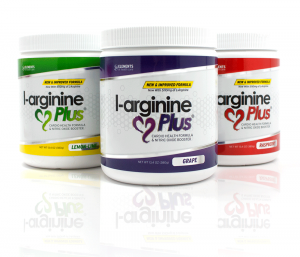The kind of sleep you get is important. Do you love to nap? It could be linked to high blood pressure, stroke, and more.
According to a large new study, napping too often may increase your risk of hypertension and stroke. “This may be because, although taking a nap itself is not harmful, many people who take naps may do so because of poor sleep at night,” explains clinical psychologist Michael Grandner, who is not part of the study. “[There is an association between poor sleep and] poorer health, and naps are not enough to make up for that.” Grandner directs the Behavioral Sleep Medicine Clinic at the Banner-University Medical Center in Tucson, Arizona.
The Study
 Appearing in Hypertension, an American Heart Association (AHA) journal, the study analyzes the effects of naps on participants. According to their findings, consistent napping increases the risk of high blood pressure (hypertension) by 12%. Moreover, these participants were also 24% more likely to develop a stroke than those who never napped.
Appearing in Hypertension, an American Heart Association (AHA) journal, the study analyzes the effects of naps on participants. According to their findings, consistent napping increases the risk of high blood pressure (hypertension) by 12%. Moreover, these participants were also 24% more likely to develop a stroke than those who never napped.
In addition, the study shows that people younger than 60 increase their risk of high blood pressure by 20% if they nap most days. Good sleep is important and the AHA recently made it one of its eight essential metrics for optimal heart and brain health.
Furthermore, once the researchers excluded those at high risk for hypertension, they found that the results held true. “The results demonstrate that napping increases the incidence of hypertension and stroke, after adjusting or considering many variables [that have an association] with risk for cardiovascular disease and stroke,” says Dr. Phyllis Zee, director of the Center for Circadian and Sleep Medicine at Northwestern University Feinberg School of Medicine in Chicago. Zee is not part of the study.
“From a clinical standpoint, I think it highlights the importance for health care providers to routinely ask patients about napping and excessive daytime sleepiness and evaluate for other contributing conditions to potentially modify the risk for cardiovascular disease,” notes Zee.
Sleep and Your Health
 Some limitations of the study include its reliance on self-reports and that it collected only nap frequency, not duration. “They didn’t define what a nap should be,” says sleep specialist Dr. Raj Dasgupta, an associate professor of clinical medicine at the Keck School of Medicine at the University of Southern California. “If you’re going to be sleeping for an hour, two hours, for example, that’s not really a nap.”
Some limitations of the study include its reliance on self-reports and that it collected only nap frequency, not duration. “They didn’t define what a nap should be,” says sleep specialist Dr. Raj Dasgupta, an associate professor of clinical medicine at the Keck School of Medicine at the University of Southern California. “If you’re going to be sleeping for an hour, two hours, for example, that’s not really a nap.”
Dasgupta continues: “A refreshing power nap that’s 15 to 20 minutes around noon to 2 p.m. is 100% the way to go if you’re sleep deprived. If you have chronic insomnia we don’t encourage napping because it takes away the drive to sleep at night.” Dasgupta is not part of the study.
If you want to improve your health, it’s essential that you get enough sleep at night. In addition, you should be exercising regularly, eating healthily, and taking supplements like L-arginine Plus. As a heart supplement, it promotes circulation, healthy blood pressure and cholesterol, and more. Give your health the support it deserves by getting enough sleep and taking L-arginine Plus.

